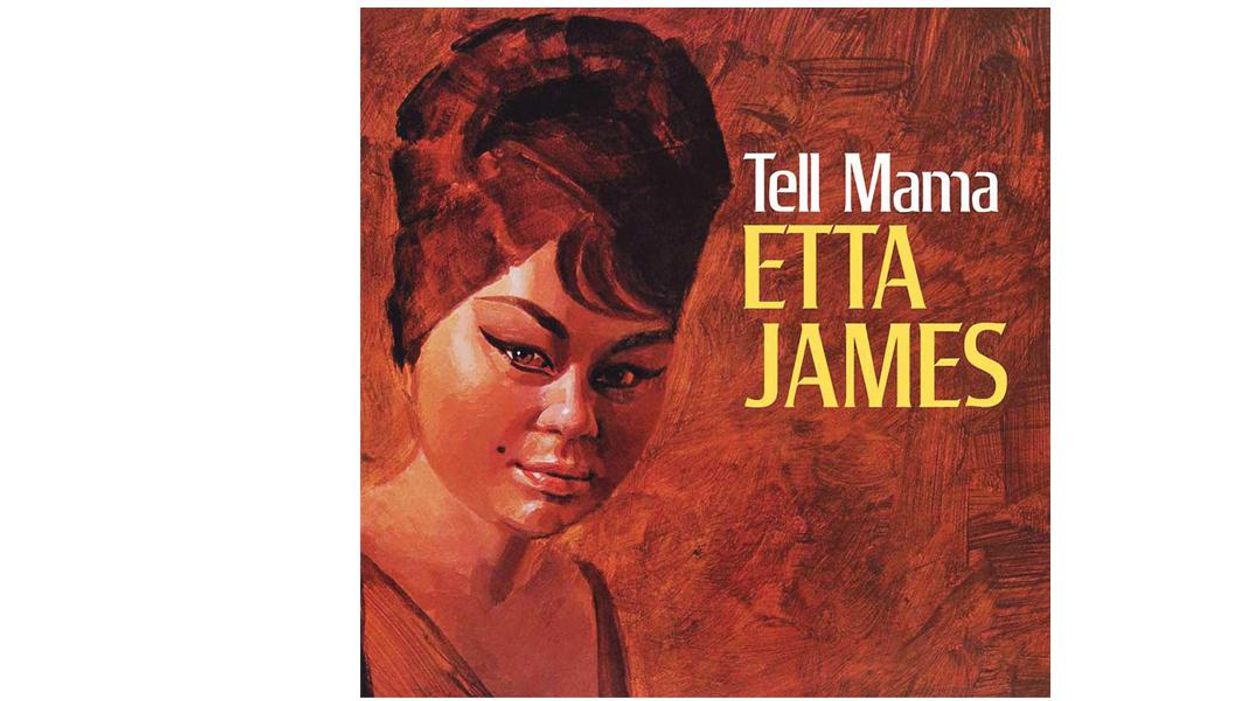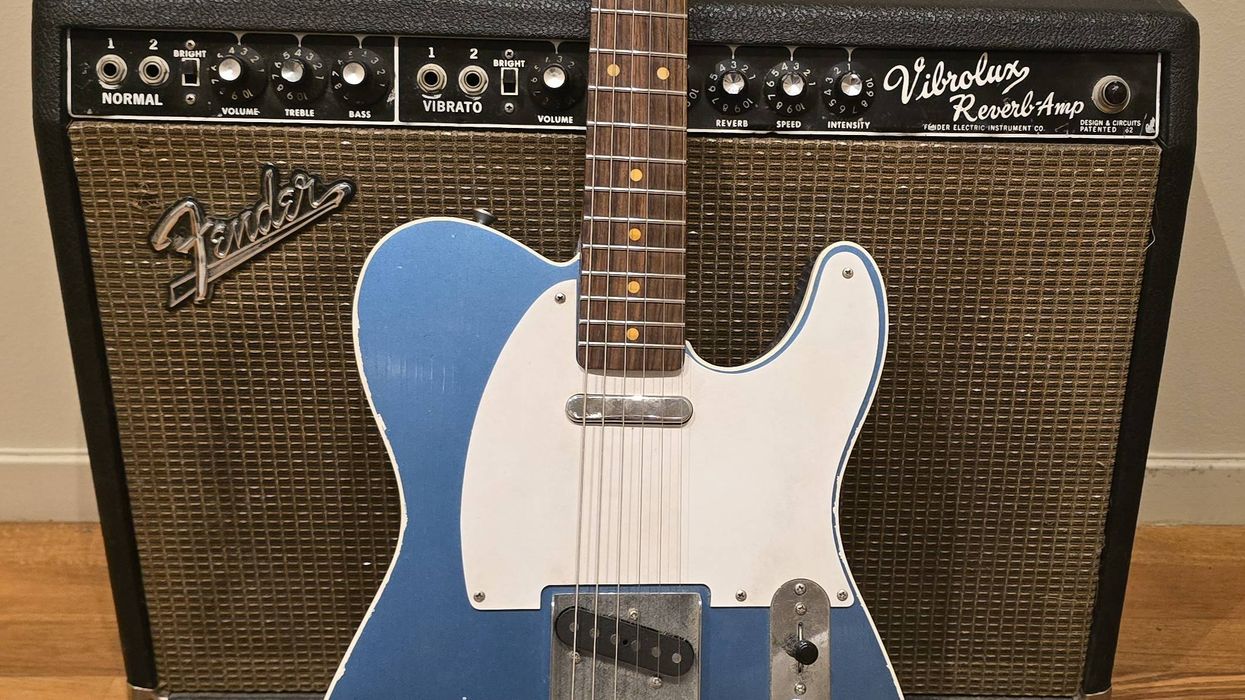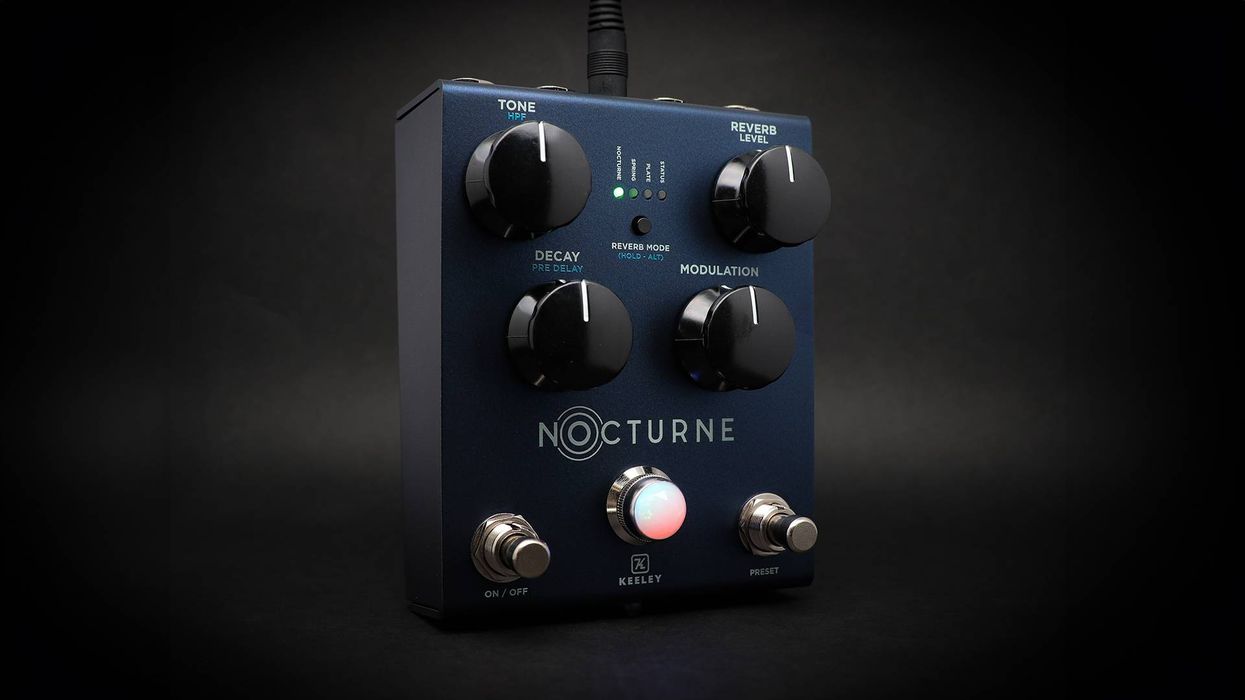What is a guitar? Is it a tool designed to pound out notes like a hammer hits nails, or is it a soulmate that shares your deepest emotions? Some believe a musical instrument is a piece of art, while others view it as a means to an end—hopefully music. And although I believe there’s more to the equation than just one or the other, there’s a good argument for it being all of the above.
Although musical instruments are indeed commercial products, they occupy a place in our hearts unlike, for example, a toaster might. I harbor no illusions about art when it comes to the mass production of golden-age vintage guitars. As a veteran of manufacturing, I understand that a widget is a widget, but when I hear about legacy brands in any industry changing hands, I wonder what lies ahead.
For many companies that produce musical instruments, the end game is not music. The management team may have iTunes accounts, or even own guitars. The CEO might have even played in a band in high school. But as they say, the business of business is business, so bust out the pie charts and round up the focus groups. To be sure, guitar advertising strives to connect with us as players by using current slang and evocative images and language, but that is biz craft. Advertising agencies tap into this ethos by painting products with the colors of aspiration to draw in customers and get them to buy. They call it conversions. Musicians want to be connected to the continuum of art and history, whether they realize it or not. But advertising doesn’t make an object great, and it doesn’t guarantee the company’s employees ethical treatment.
I’ve worked in small shops (as I do today) and within the confines of the corporate structure of the big guns. I make no apologies for wanting to make a living. What makes me cringe is the pursuit of profit over principle.
Of course, no business prefers to lose money, but sometimes the pressure from investors and/or banks to squeeze out every dime can be overwhelming. Just like Robert Johnson, this is when companies come to the crossroads. Sometimes it means hiring efficiency experts with “culture building” programs, and others it might mean calling in a “turnaround” CEO.
Over the decades, I’ve seen the flavor-of-the month strategies—rich with buzzwords and acronyms—come and go. Six Sigma, kaizen, TPM, TQM, and lean manufacturing are all promising the same thing: efficiency and return on investment. What they usually deliver is a lot of eye rolling in the work force. The relentless push to create more profit and cut the fat has oozed into every facet of American business. The result is often stagnant wages, declining levels of benefits, and lower quality materials. The one thing I’ve never heard in a meeting is, “Let’s focus on making a great product and take good care of our workers and customers.” Well, I’ve heard something like that, but mainly as lip service. Focusing on rectitude cuts short-term profits, and when financiers own the company, nothing else matters.
When I hear arguments about legacy brands, people often wish for lower prices and better quality. In response, the manufacturers’ emphasis shifts to efficiency rather than sustainability. Slow, steady, and sustainable growth is a lost art deemed laughable by the startup generation, and the illusion of quality at cheap prices is created on the backs of us all. As a guitarist, I’m down with the romance of where a guitar sits in the continuum of history—not only the history of music, but the story of popular culture. So, when I hear about buyouts, takeovers, restructuring, and turnarounds, I truly wish for the best. It’s important to me on many deep levels, and I know I’m not alone … for now.












![Rig Rundown: Russian Circles’ Mike Sullivan [2025]](https://www.premierguitar.com/media-library/youtube.jpg?id=62303631&width=1245&height=700&quality=70&coordinates=0%2C0%2C0%2C0)







